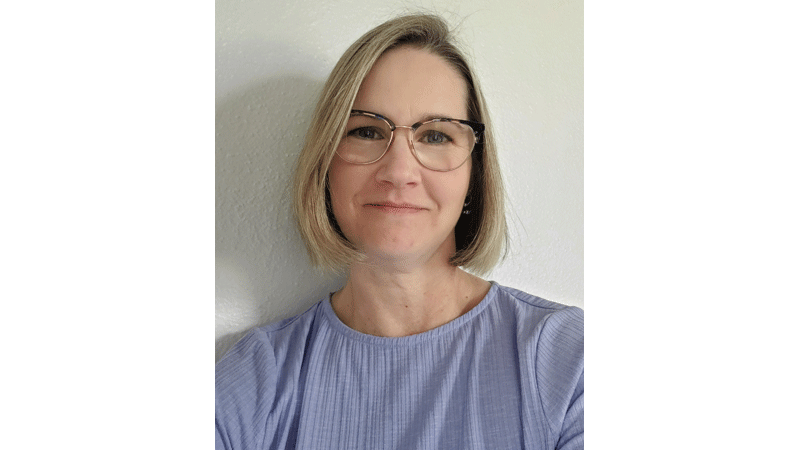Christ gets the last word
Published 10:43 am Friday, December 8, 2017
by Charles Qualls
In Key West, Florida, a popular epitaph has been spotted on many headstones, saying, “I told you I was sick.” This was originally supposed to have been said by a British comedian, Spike Milligan. There are other last words that fascinate. Television mogul Merv Griffin’s grave stone supposedly reads, “I will not be back right after this message.” John Wesley, founder of Methodism, is to have said, “Best of all, God is with us.” Henry Ward Beecher, the great evangelist, used his last breath to say, “Now comes the mystery.” Jesus, we know according to Luke’s gospel, looked down from the cross and said, “Father, into your hands I commend my spirit.” Which is actually something that little Hebrew children were taught to say as part of their prayers at bedtime each night.
Thanksgiving has passed. Among so many other things, Nov. 26 was also Christ the King Sunday worldwide. Author Brian Erickson points out that this special Sunday was first celebrated in 1925, as the effects of World War I were still fully upon us. Dictators are said to have already been laying down a course that would take us into World War II. In Europe and in South America, movements to secularize governments were afoot, weakening the influence of religion and particularly Christianity.
So it was that the Church formalized this day, this practice, which essentially communicated, “Do what you will, but Jesus Christ will have the last word.”
Come what may — illness, chaos, war, revolution, the blowing of cultural winds, fear and even death — we Christians hold fast and proclaim a faith grounded in the image of Christ. Paul affirms here in Ephesians 1:15-23 that Christ is enthroned above every earthly power, every authority, every shaper of our culture and every wannabe influencer who may try.
Here is where I should confess my limitations. If life progresses as it is normally scheduled to, then we are entering a challenging stage of life at my house. For we will become more acquainted, personally, with death than we have yet.
My wife and I have lost all our grandparents and one of our parents. However, we still have aunts, uncles and three of our parents. We will be sipping from the proverbial firehose in the years to come, some would say. Fact is they have said as much, friends of ours.
They’re obviously right.
But, I am a minister. I have served large, established churches. Which means I have walked to death’s doorstep, and indeed on into life’s cemeteries, with more families than I can count. No really, I can’t count them. A conservative estimate would suggest that I have done upward of 450 funerals by now in my mid-life.
At my last church alone, I averaged about 25-30 funerals a year. We were a large older congregation. In one legendary stretch of March 2005, we had 11 deaths in 13 days. That was extreme, but it kept us running short on words. Words often failed us then, as they always do, in death. So, my perspective is both limited and extensive all at once.
God has placed Christ as “head over all things for the church.” The body serves its purpose, scholar John Cole rightly says, if it expresses ��the fullness of him who fills all in all.”
Christ is lifted up, and we are with him now as today’s embodiment of His presence. We are privileged to participate, Cole says, in God’s transformation of the world. We get to be a part of what God is doing. God, not finished by a long-shot, has Jesus Christ as head of the church still. Christ presides over us and is available in the Spirit to us as we will allow.
Here’s the trouble we may have in hardship, and especially in death. All of this good can be SO hard to see when our troubles are so EASY to see.
Brian Erickson points out that this is the “Great-now-and-not-yet” of Christian life. That we celebrate a victory the world cannot see, a hope that defies every instinct and a king enthroned on a cross. Therefore, we need not fear any power this world can throw at us, for our victorious Christ gets the last word.
Writer Anne LaMott says that there are people who will get us down. There are things beyond our control. There are mistakes we cannot leave behind. There are forces greater than our strength or intellect. Things can look badly for us. But, in an homage to baseball she says, “Still, God’s grace always bats last.” Or, as the apostle Paul might say, Christ gets the last word.
DR. CHARLES QUALLS is senior pastor at Franklin Baptist Church. Contact him at 562-5135.





